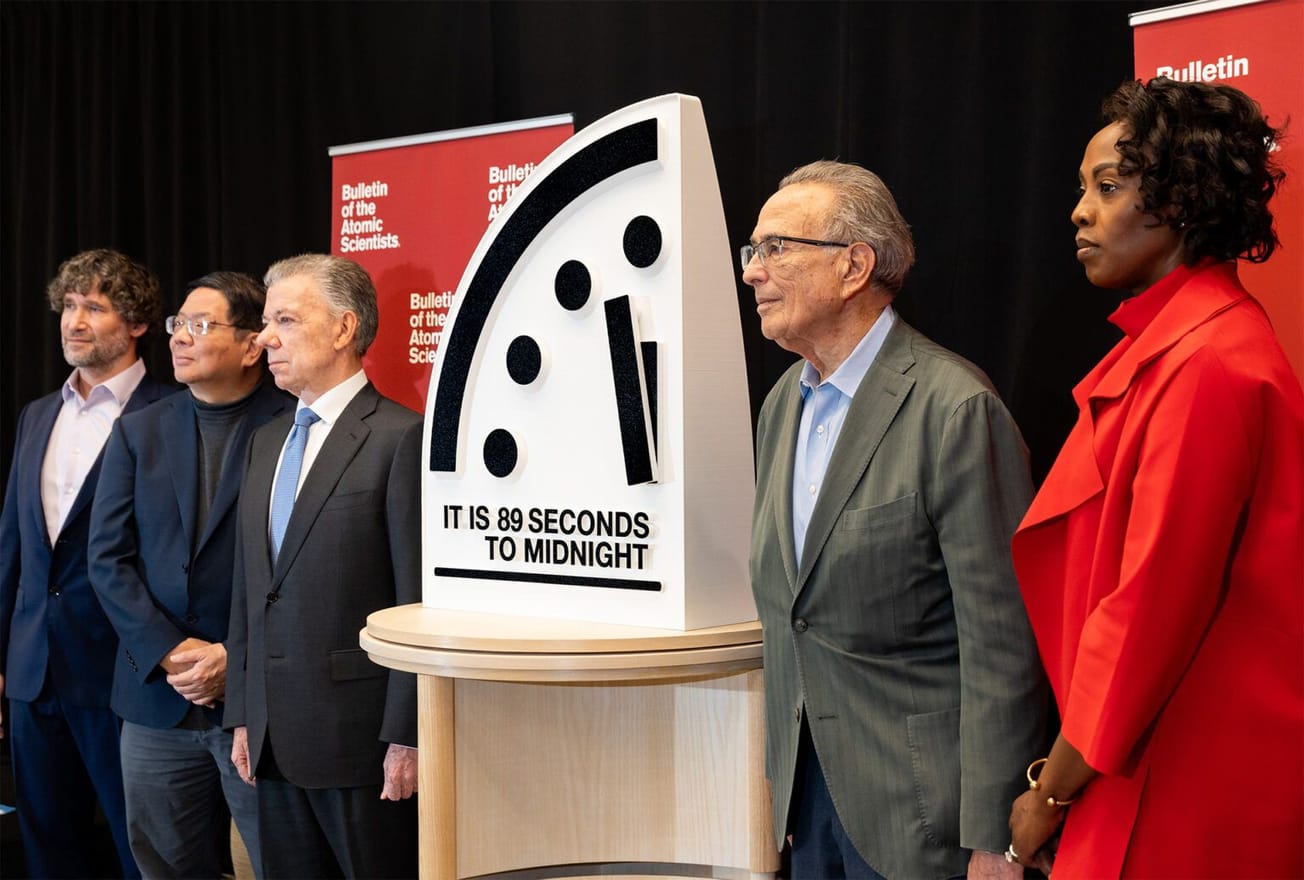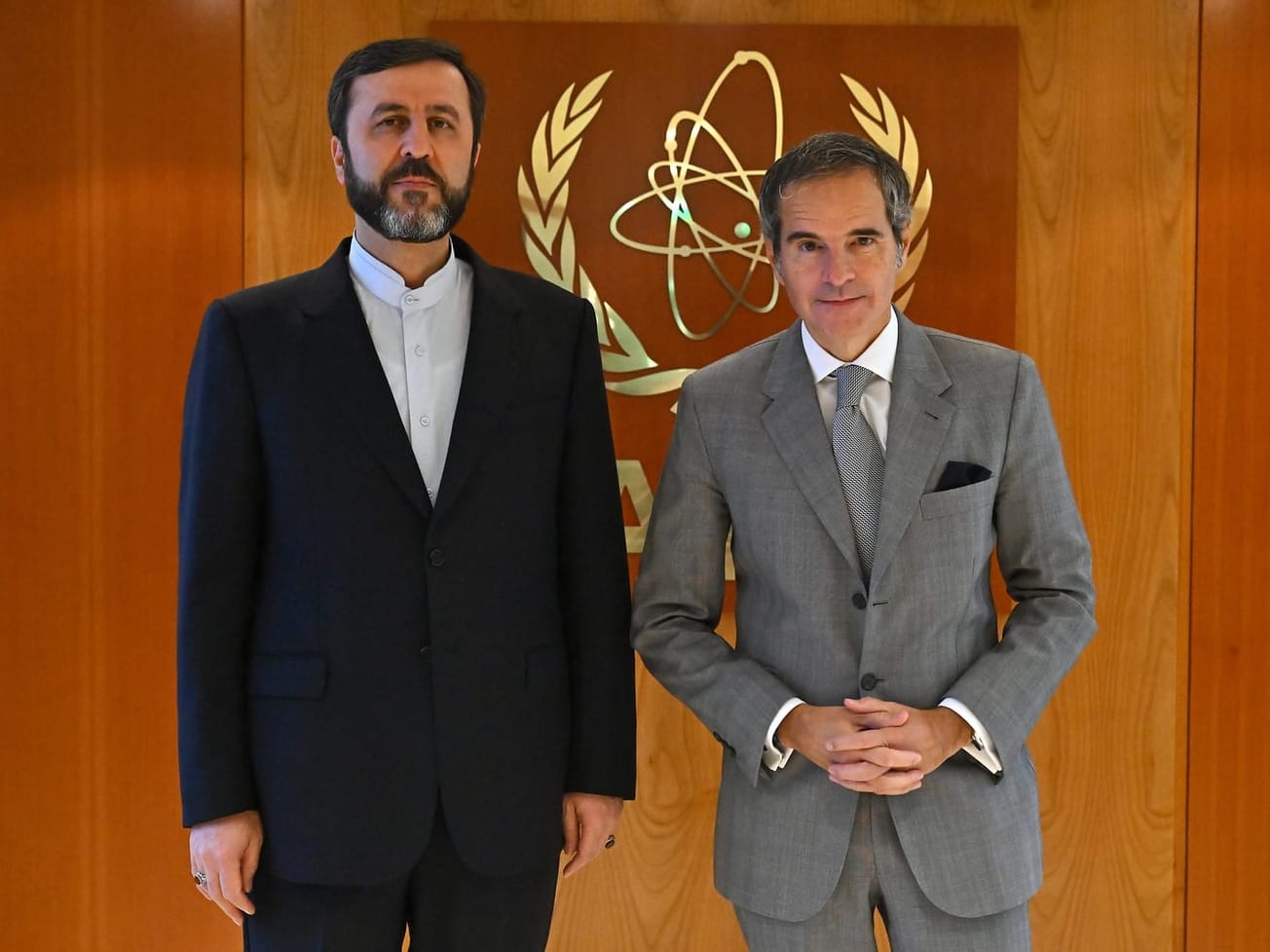UNITED NATIONS (AN) — Despite two summits to negotiate North Korea's denuclearization, talks between Washington and Pyongyang deadlocked. The sticking point? Nine sanctions resolutions approved by the U.N. Security Council in a dozen years.
U.S. President Donald Trump and North Korean leader Kim Jong Un cut short a two-day summit at the end of February at Hanoi, Vietnam, their second meeting in less than a year. They went home telling contradictory accounts of why they failed to reach agreement on dismantling North Korea's nuclear weapons.
Both sides blamed the sanctions. The question was over the degree of sanctions-easing involved.
"Kim may have saved Trump from himself by overplaying his hand and asking for full sanctions relief up front," said Richard Haass, president of the New York-based Council on Foreign Relations, who suggested the Trump administration should link sanctions relief to a "full accounting" of North Korea's relevant sites and a schedule for denuclearization with specific, verifiable steps.
Kim said he entered the talks prepared to denuclearize. Trump said the agreement was “ready to sign.” But then Trump abruptly ended the summit, saying "sometimes you have to walk."
He said Kim agreed to close one nuclear facility — Yongbyon Nuclear Scientific Research Complex, which houses North Korea's main nuclear reactor and its only known means for making plutonium to make bombs — but only on condition that the United States lift all economic sanctions.
Trump said Kim promised he would not conduct missile launches or test nuclear weapons. And he said Kim was willing to close the Yongbyon Nuclear Scientific Research Complex, the site of North Korea’s main nuclear reactor and its only source of plutonium to make bombs. But Trump said Kim did not offer to close other, covert facilities to enrich uranium.
“It was about the sanctions,” Trump told a news conference in Vietnam. “Basically, they wanted the sanctions lifted in their entirety, and we couldn’t do that. They were willing to de-nuke a large portion of the areas that we wanted, but we couldn’t give up all of the sanctions for that.”
North Korea’s foreign minister, Ri Yong Ho, later contradicted Trump, telling a news conference that his nation only sought partial relief from “sanctions that hamper the civilian economy, and the livelihood of all people in particular.”
The first of nine sanctions resolutions against Pyongyang imposed by the 15-nation Security Council, the U.N.'s most powerful arm, came in October 2006, when it condemned North Korea's first nuclear test and imposed sanctions that included missile technology, heavy weaponry and some luxury goods.
A second sanctions resolution followed in June 2009, responding to North Korea's second nuclear explosion. Since then the sanctions expanded to include aviation fuel, minerals such as copper and nickel and sales of helicopters. Last year, three sanctions resolutions — including a ban on iron and coal exports and new restrictions on oil, metal and agricultural imports — ratcheted up the pressure.
North Korea wanted the United States to lift its enforcement of U.N. sanctions approved since March 2016, which would involve easing up on five of the nine U.N. sanctions resolutions. That would notably include North Korea's access to aviation fuel, coal, iron and oil.
If the US, DPRK and South Korea are serious about the full, verifiable and irreversible denuclearisation of the Korean Peninsula, then international law already provides them with a path for it. Here's a Roadmap, made with 30 nuclear disarmament experts → https://t.co/IaygHuGUH7 pic.twitter.com/RbjFsSXTg7
— ICAN (@nuclearban) February 28, 2019
Long road to denuclearization
The collapse of the second summit between Trump and Kim showed that the "irreversible and verifiable denuclearization of the Korean Peninsula will require an international process based in international law," according to the International Campaign to Abolish Nuclear Weapons, or ICAN.
Akira Kawasaki, a member of ICAN’s steering group, said it was little wonder the negotiations broke down after Trump "spent more time in office blowing up nuclear treaties than building them."
"The failure of these talks is further evidence that denuclearization of the Korean Peninsula cannot be left with these two temperamental men," Kawasaki said. "We need a real plan rooted in the international community and treaties like the Treaty on the Prohibition of Nuclear Weapons, which the Koreas could join tomorrow and begin the disarmament process with legitimacy.”
More than 120 countries approved the first-ever legally binding treaty to ban nuclear weapons last year. Survivors of atomic bombs dropped on Hiroshima and Nagasaki at the end of World War II hailed passage of the Treaty on the Prohibition of Nuclear Weapons, which has not yet taken effect.
Nine countries known or believed to possess nuclear weapons — Britain, China, France, India, Israel, North Korea, Pakistan, Russia and the United States — withheld support.
Earlier this month, Trump announced he was withdrawing the United States from a 1987 nuclear arms control treaty with Russia that has led to the destruction of almost 2,700 missiles and their launchers.
The United States suspended participation in the Intermediate Range Nuclear Forces Treaty — which bars development of nuclear-capable cruise missiles — as of February 2, setting off a six-month withdrawal period. Trump blamed the move on Russian treaty violations, but his decision to withdraw from the INF Treaty raised fears of a renewed nuclear arms race.
The United States has for more than a decade accused Russia of violating the treaty by developing nuclear-capable cruise missiles to threaten or provoke the North Atlantic Treaty Organization, or NATO. Now, there are doubts whether the United States and Russia will extend the New Strategic Arms Reduction Treaty, or New START, a nuclear pact that took effect in 2011 and expires in 2021.
Blog: United Nations Security Council resolutions that restrict the possibility of engaging in business with North Korea could be lifted through “exceptions to application.” #HanoiSummithttps://t.co/4Qqj38dy3z
— Atlantic Council (@AtlanticCouncil) February 27, 2019
Nine sanctions resolutions since 2006
Trump said there were no definite plans for a third summit. The United States has offered to formally declare an end to the Korean War and open liaison offices in Washington and Pyongyang.
“This wasn’t a walkaway like you get up and walk out,” he told reporters. “There’s a warmth that we have, and I hope that stays. I think it will. But we’re positioned to do something very special.”
A peace treaty with South Korea would finally bring a close to the Korean War, which technically never ended because the Korean War Armistice Agreement of 1953 was a cease-fire between military forces, not between governments.
The armistice, as the sole legal instrument for preventing armed hostilities on the Korean Peninsula, established the Demilitarized Zone, or DMZ, along the 38th parallel — and set up an international organization, the Neutral Nations Supervisory Commission, or NNSC, to keep brokering the peace.
The United Nations Security Council is frequently deadlocked, owing to the veto power of its five permanent members: Britain, China, France, Russia and the United States. As North Korea's main ally and trading partner, China is essential to making any sanctions work.
In recent years, North Korea’s weapons tests badly strained relations with China, however, which toughened its enforcement of the international sanctions. China, which regards North Korea as a potential threat but also a buffer against U.S.-allied South Korea, wants a break in U.S.-South Korean war games and a suspension of North Korea’s nuclear and missile program.
China also is competing with U.S. influence in Asia and perhaps hopes to be seen as a global diplomat. Despite the talks being called off for now, U.S. Secretary of State Mike Pompeo said the United States and North Korea were closer than ever to reaching agreement.
"I think everybody hoped we could do this better," he said, "but the departure was with an agreement we continue to work on what has been an incredibly difficult problem. Everyone walked away in that spirit.”








